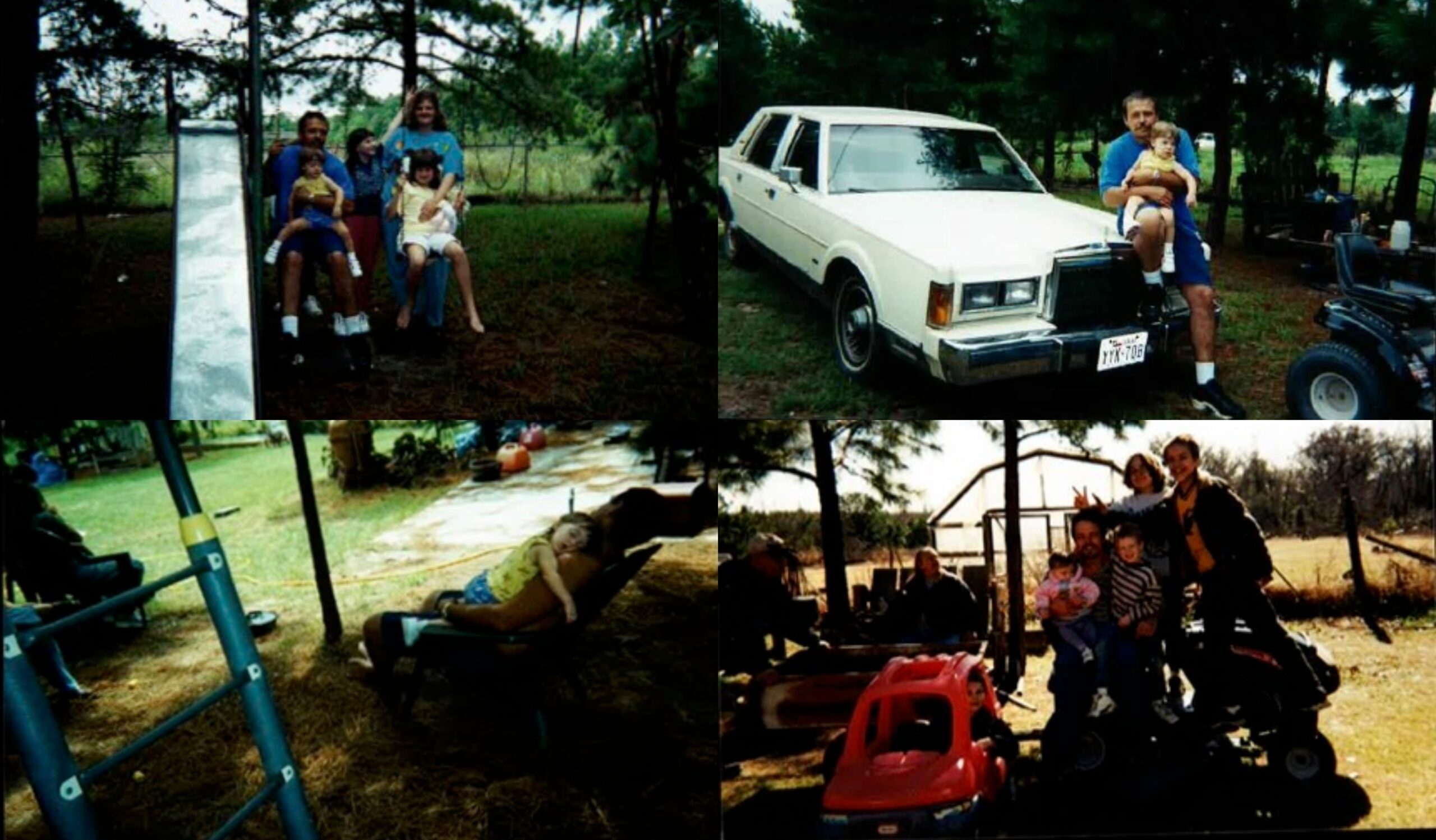UPDATE: On Thursday, October 17, a Travis County Judge approved a temporary restraining order that blocked Roberson’s scheduled 6 p.m. execution. The Court of Criminal Appeals vacated the judgment hours later, causing lawmakers to appeal to the Texas Supreme Court. The Supreme Court upheld the judge’s restraining order and stayed the execution.
This came after members of the Texas House Committee on Criminal Jurisprudence issued a subpoena October 16 for Roberson to testify in a hearing on the use of the state’s so-called junk science writ in capital cases. The hearing was scheduled for October 21.
The U.S. Supreme Court denied Roberson’s request for a stay of execution and writ of certiorari around 5 p.m. Thursday, less than an hour before his scheduled execution. In a statement, Justice Sonia Sotomayor lamented the high court’s inability to intervene, calling for Governor Greg Abbott to exercise his executive powers to grant clemency or a temporary reprieve. She wrote that this “could prevent a miscarriage of justice from occurring: executing a man who has raised credible evidence of actual innocence.”
Robert Roberson, whose controversial execution is scheduled for today, could have his life spared by state lawmakers who say his 2003 conviction for killing his infant daughter was based on “junk science” and are raising unusual procedural roadblocks.
Roberson is set to be the first person to be executed after being convicted of capital murder based on the “shaken baby syndrome” theory.
On Wednesday, October 16, the bipartisan Texas House Committee on Criminal Jurisprudence issued a subpoena for Roberson, compelling him to testify in an October 21 hearing legislators have called on capital punishment and whether his sentence violates the state’s so-called “junk science writ.” Texas was the first state in the country to pass a law that allows incarcerated people to appeal their convictions based on new scientific understanding of forensics, but legislators say the state’s highest criminal appeals court has been reluctant to implement the decade-old law.
“Although our focus is Robert Roberson, we’re here because his case has shined a light on our new science writ law,” said Democratic state Representative Joe Moody at the Wednesday hearing at the Capitol. “Quite frankly, we reviewed this case in detail, fully expected that this law would provide relief, and that has not happened.”

Roberson was convicted based on a disputed method of diagnosing “shaken baby syndrome,” later renamed “abusive head trauma.” In the decades since, experts have begun to argue that things like illness and short falls—both present in Roberson’s daughter Nikki’s case, according to medical records—can mimic what were once believed to be telltale signs of shaking and abuse.
In September, the Texas Court of Criminal Appeals ruled that Roberson’s appeals based on experts’ examinations of his daughter’s medical records, and the shifts in diagnosis protocols, did not merit relief under the state’s junk science law.
Several key figures in Roberson’s case were slated to speak at Wednesday’s hearing, including Brian Wharton, the original lead detective on the case who now believes no crime occurred; Anderson County District Attorney Allyson Mitchell, who still supports the execution; Keith Findley, a professor and expert on the multidisciplinary debate around shaken baby syndrome; and Roberson’s defense attorney Gretchen Sween. The legislative efforts come as the courts repeatedly decline to hear Roberson’s appeals.
On Wednesday, the Texas Board of Pardons and Paroles declined to recommend clemency for Roberson even though a bipartisan majority of the Texas Legislature had requested the board do so based on state law. The ultimate decision, however, rests with the governor, and legislators are now directing their last-ditch appeals at him. More than 80 legislators signed a letter in support of Roberson’s petition for clemency last month.
Also on Wednesday, Roberson’s defense team appealed to the U.S. Supreme Court and asked for an emergency stay of execution after the Texas Court of Criminal Appeals (CCA) declined to consider new evidence about Roberson’s daughter’s death without explanation.
“The Texas Court of Criminal Appeals has abdicated its responsibility to fairly apply the law as written and as the legislature intended,” Sween said in a statement. “We can only hope that the Supreme Court will step in to demonstrate how justice is supposed to function and prevent this clear violation of Mr. Roberson’s due process rights that will otherwise result in Texas executing an innocent man.”
Earlier this month, the CCA granted a new trial for Andrew Roark, a Dallas man convicted around the same time as Roberson based on similar shaken baby syndrome evidence. Lawyers argue this alone means Roberson should get the same chance.
“It is not shocking that the criminal justice system failed Mr. Roberson so badly,” Sween wrote in a separate statement on October 16. “What’s shocking is that, so far, the system has been unable to correct itself—when Texas lawmakers recognized the problem with wrongful convictions based on discredited ‘science’ over ten years ago.”







